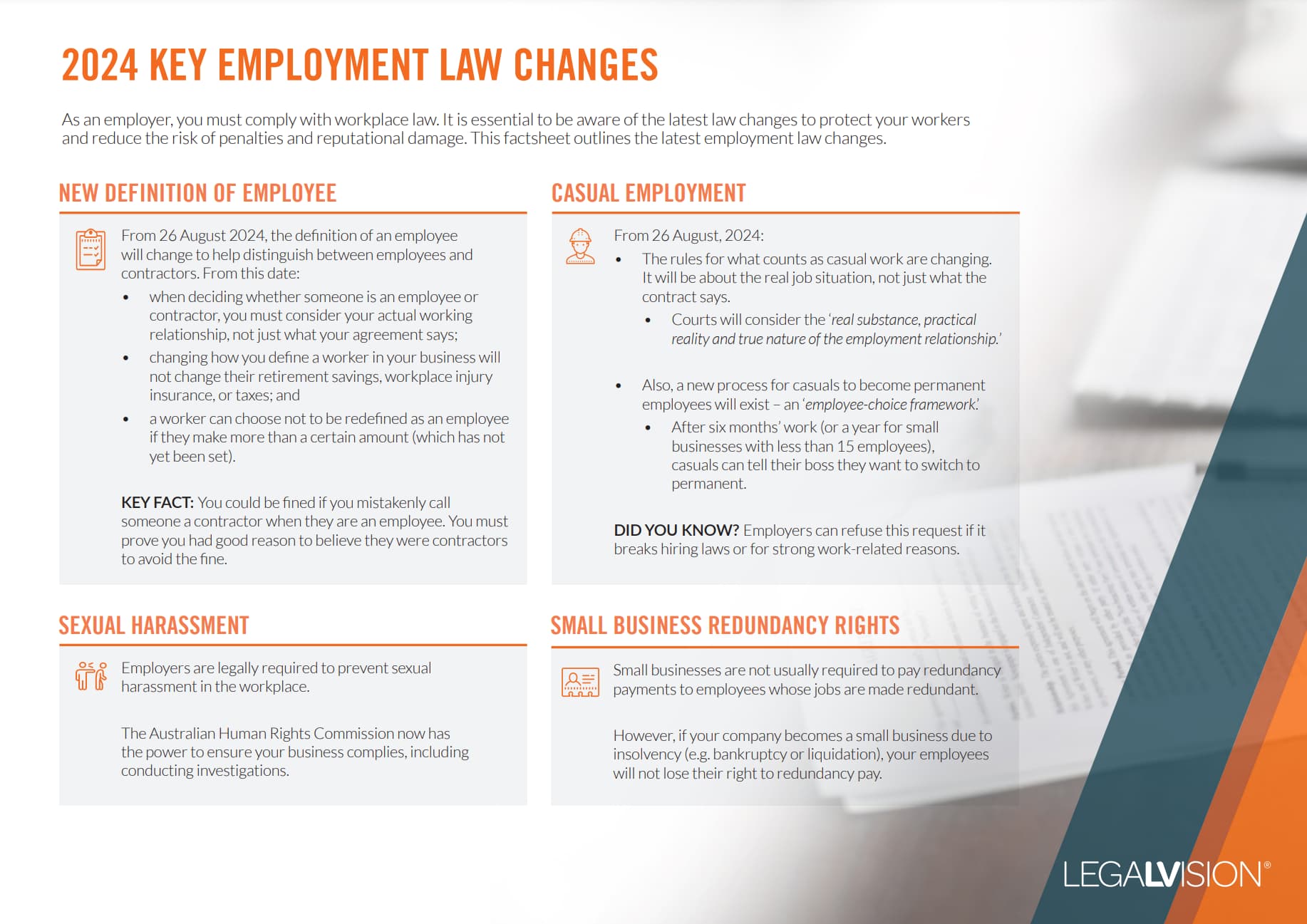Workplace theft can cause significant loss to your business. It can also be a difficult and uncomfortable situation to navigate as an employer. Workplace theft occurs when an employee takes something owned by the business without permission and uses it for their own personal benefit. Examples include an employee stealing money from a cash register or an employee claiming that they have worked more hours than they actually have. This article will outline the steps you should take to investigate suspected employee theft. It will also discuss the options available to you if you form the conclusion that your employee is stealing from your business, including termination.
Investigating the Alleged Theft
If you suspect that one of your employees is stealing from your business, the first step is to investigate. Conducting an unbiased investigation is important because the law requires that you prove that the employee did, in fact, steal from your business.
To conduct the investigation, you should gather evidence that might suggest the employee is stealing. This might involve:
- collecting CCTV footage;
- taking stock records; and
- collecting witness reports.
For example, if you believe that the employee is overstating the hours they have worked, you could look at the timestamps from any CCTV footage showing the person entering and leaving the premises and ensure that these times line up with the hours recorded on the employee’s timesheet.
You should seek to keep the investigation as confidential as possible. Whilst you may need to collect witness reports from other employees, try as much as possible not to inform other employees of the allegations.
Following the collection of evidence, you should then give the employee an opportunity to respond to the allegations. This ensures procedural fairness and allows the employee to correct any false allegations made against them.
You should also ensure that any evidence of workplace theft is properly documented and accessible in case you need to rely on it in the future. You should also keep a written record of any meetings held with the suspected employee regarding the allegations of theft.

As an employer, it is essential to understand what employment laws have changed and their implications for your business — particularly the changes to the Fair Work Act 2009 through the new Closing the Loopholes legislation.
Disciplinary Action
If your investigation reveals strong evidence that your employee has stolen from your business, you will need to decide what course of action to take. Some possible options include:
- Giving the employee a warning;
- requiring the employee to rectify the theft, for example, through repayment or returning stolen goods;
- dismissing the employee; or
- informing the police.
Warnings
If you do not wish to dismiss the employee, you have the option of giving the employee a verbal or written warning. A warning may be appropriate if, for example, the theft is minor, has a reasonable explanation or is a one-off incident. An example of minor theft might be an employee taking home a small quantity of stationery owned by the business for personal use. In addition to a warning, you can request that the employee return the stolen goods to your business or repay any money lost.
Dismissing the Employee
Employee theft is a serious issue that can undermine your trust in your employee. Generally speaking, the law deems workplace theft to be serious misconduct, which justifies summary dismissal or dismissal of an employee without notice.
However, it is essential to consider how serious the theft was. For example, stealing stationery or a product that was going to be thrown out might not be considered serious misconduct to justify dismissal. In contrast, stealing cash or other goods is likely to be considered serious misconduct which justifies dismissal. Therefore, a verbal or written warning may be more appropriate for the former.
Employee Entitlements Following Dismissal for Theft
If you dismiss an employee without notice for theft, you must still pay out the employee for any annual leave accrued. You cannot seek to recover the value of the assets sold by making deductions from the employee’s leave entitlements, unless the employee agrees to this.
Example: Narwal v Aldi Foods Pty Ltd
In this case, the employee failed to pay for groceries and asked to pay at a later time. He subsequently forgot to pay for the groceries. Rather than raise the issue with him and discuss the situation, the employers did not raise it with him until a couple of days later, when they summarily dismissed him.
The employer did not conduct the appropriate investigations into the employee’s conduct. Even though the Fair Work Commission considered the employee’s actions to be serious misconduct, the dismissal was still considered “harsh, unjust and unreasonable” because of the way the employer handled it.
Continue reading this article below the formKey Takeaways
Workplace theft can be a serious issue that negatively affects your business. However, there are ways you can mitigate the issue, including thoroughly investigating the theft and taking appropriate actions. When investigating, you should ensure that you are using factual evidence and being unbiased. Additionally, you should avoid dismissing the employee unless necessary in order to avoid repercussions for your business.
If you need help understanding when you can dismiss an employee for theft, our experienced employment lawyers can assist as part of our LegalVision membership. For a low monthly fee, you will have unlimited access to lawyers to answer your questions and draft and review your documents. Call us today on 1300 544 755 or visit our membership page.
We appreciate your feedback – your submission has been successfully received.







